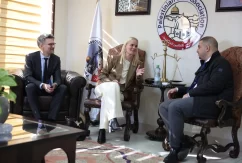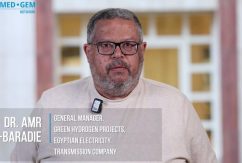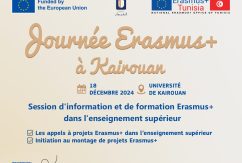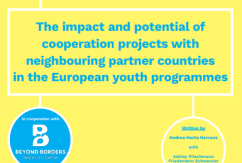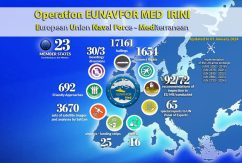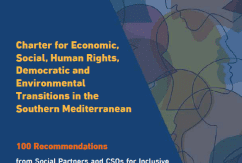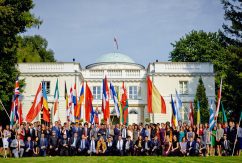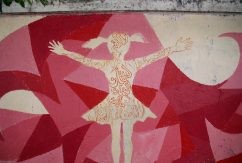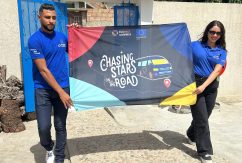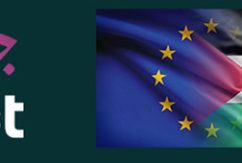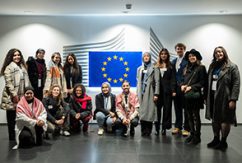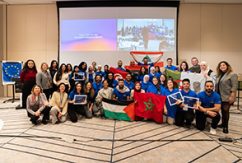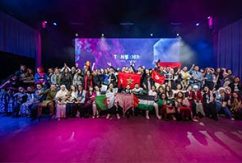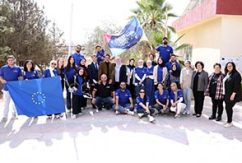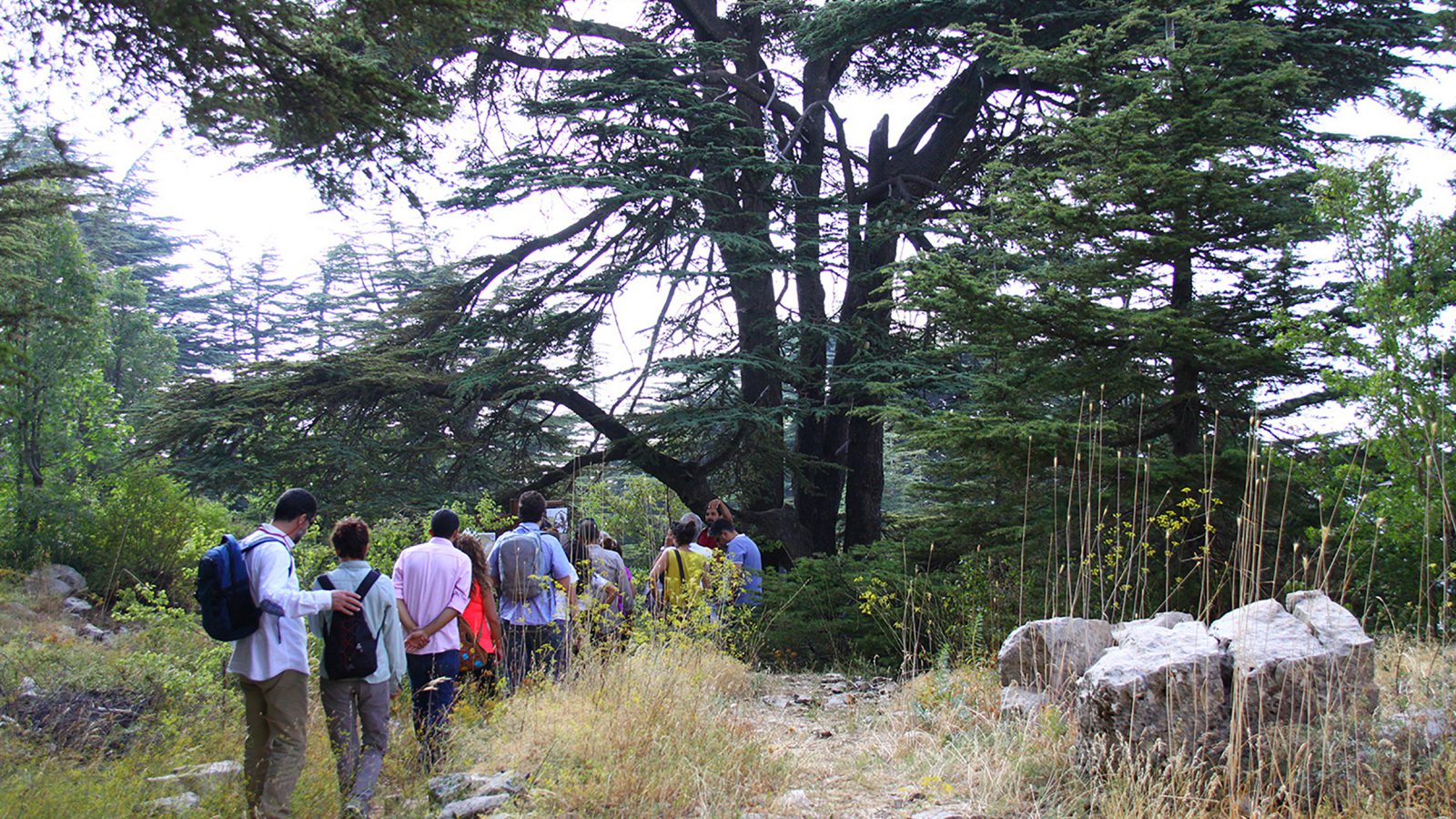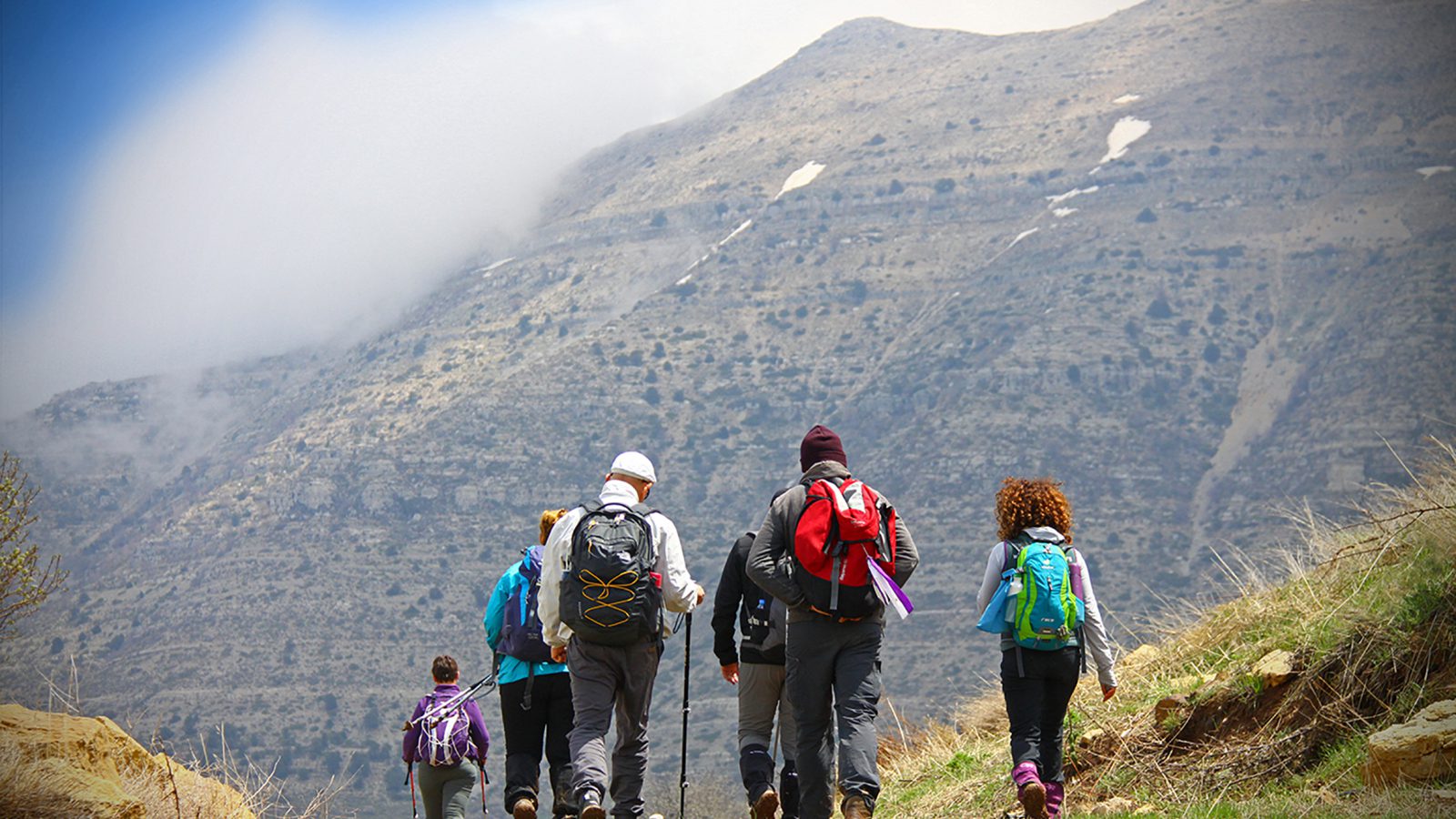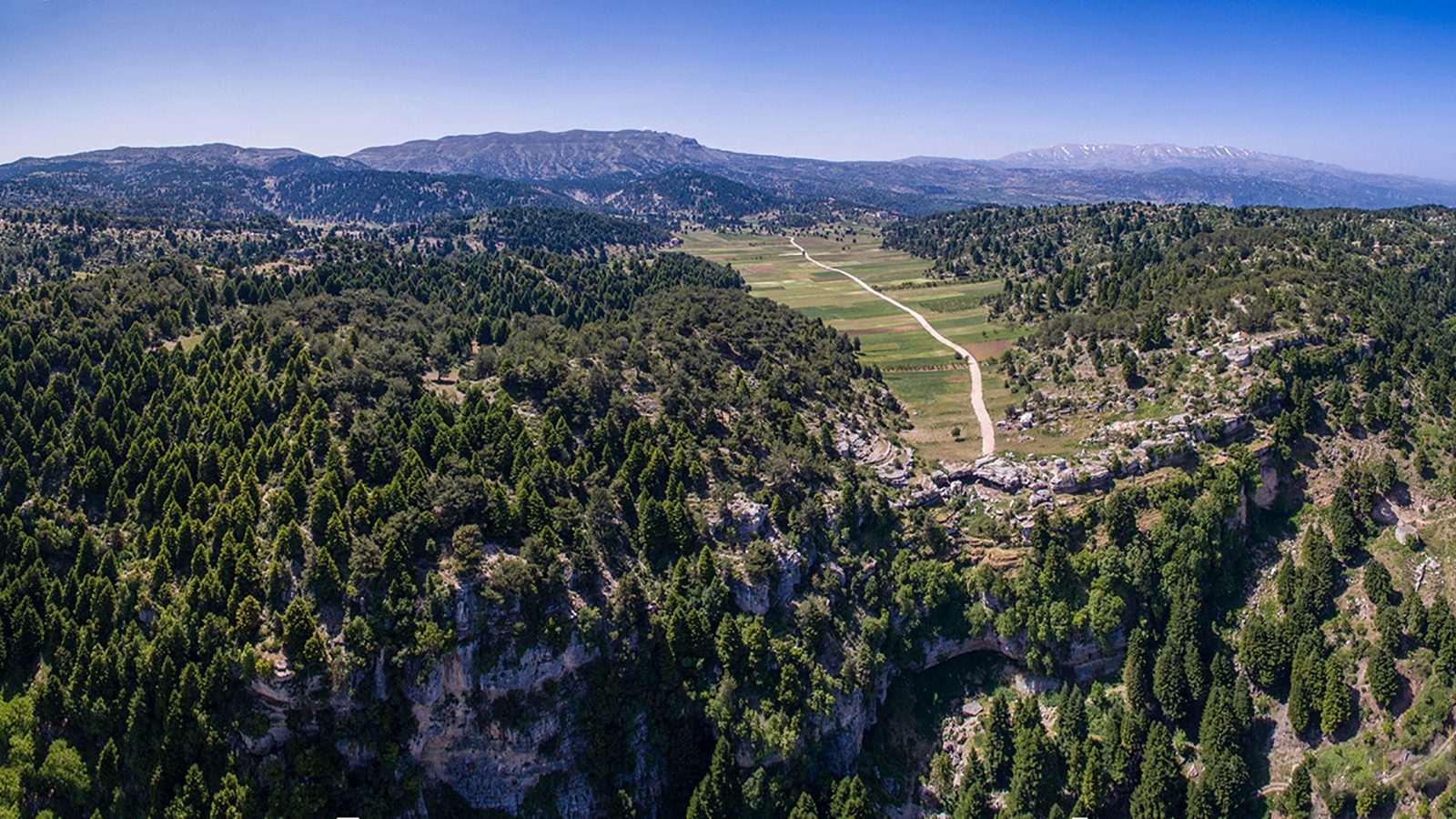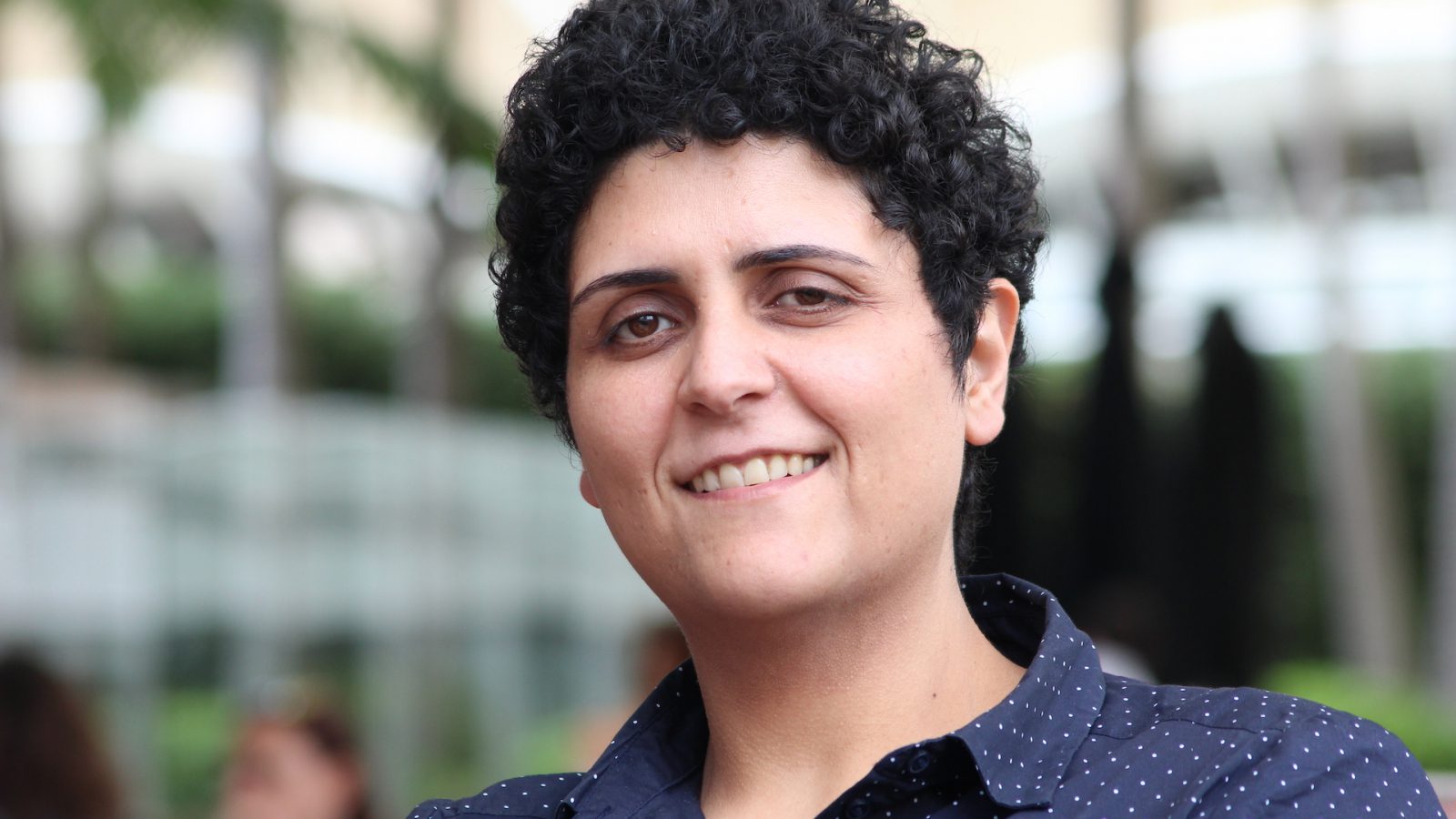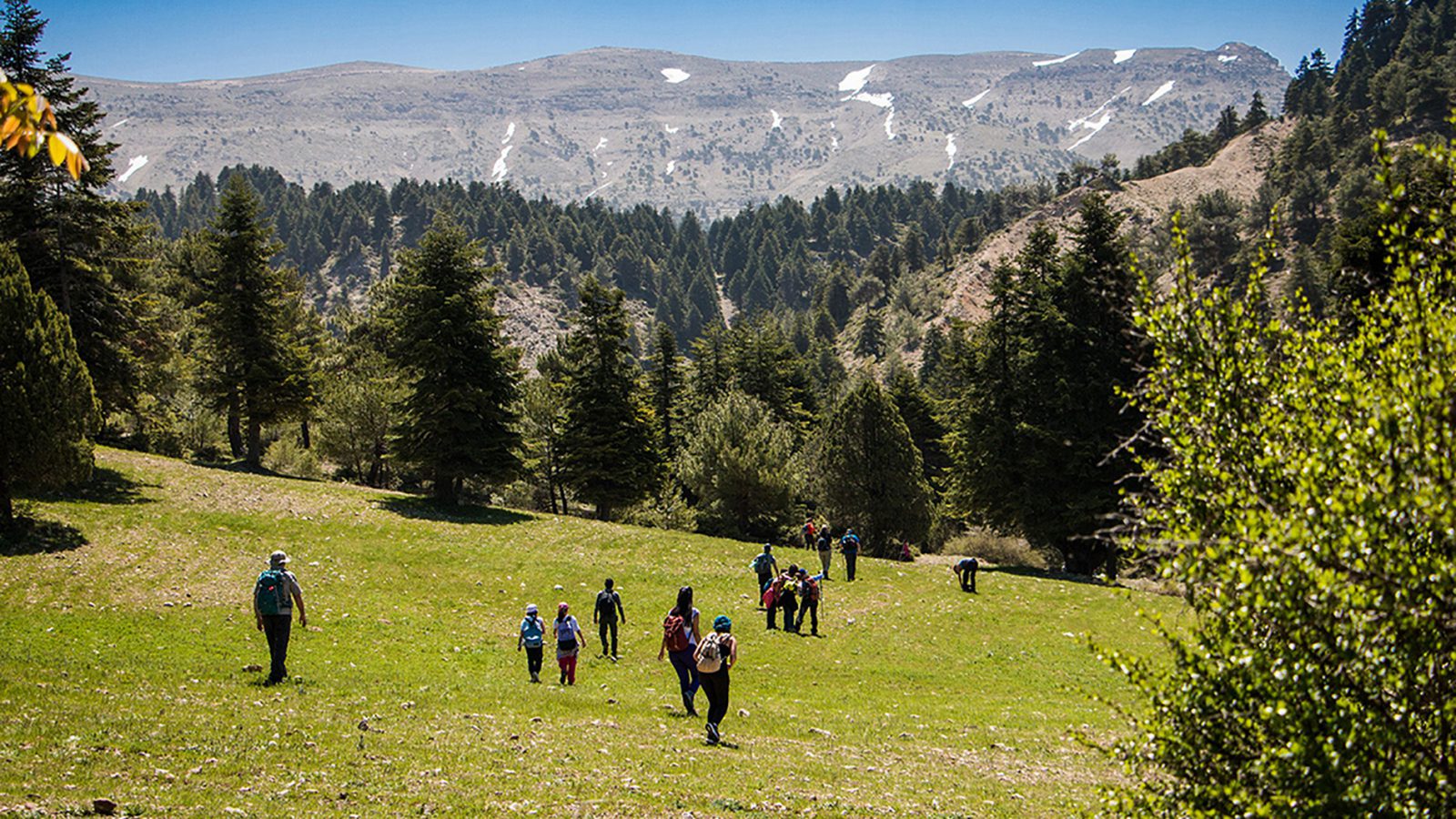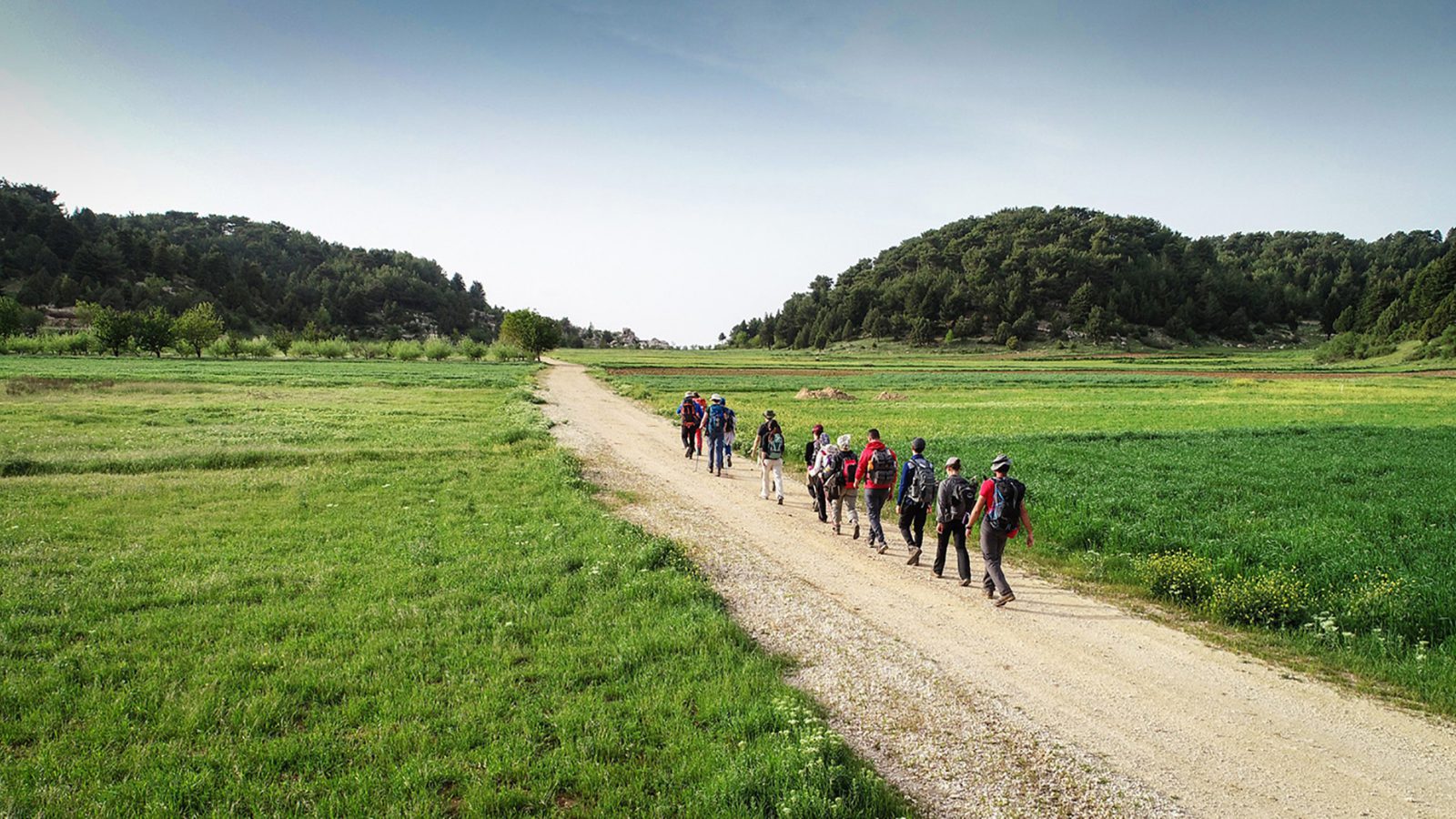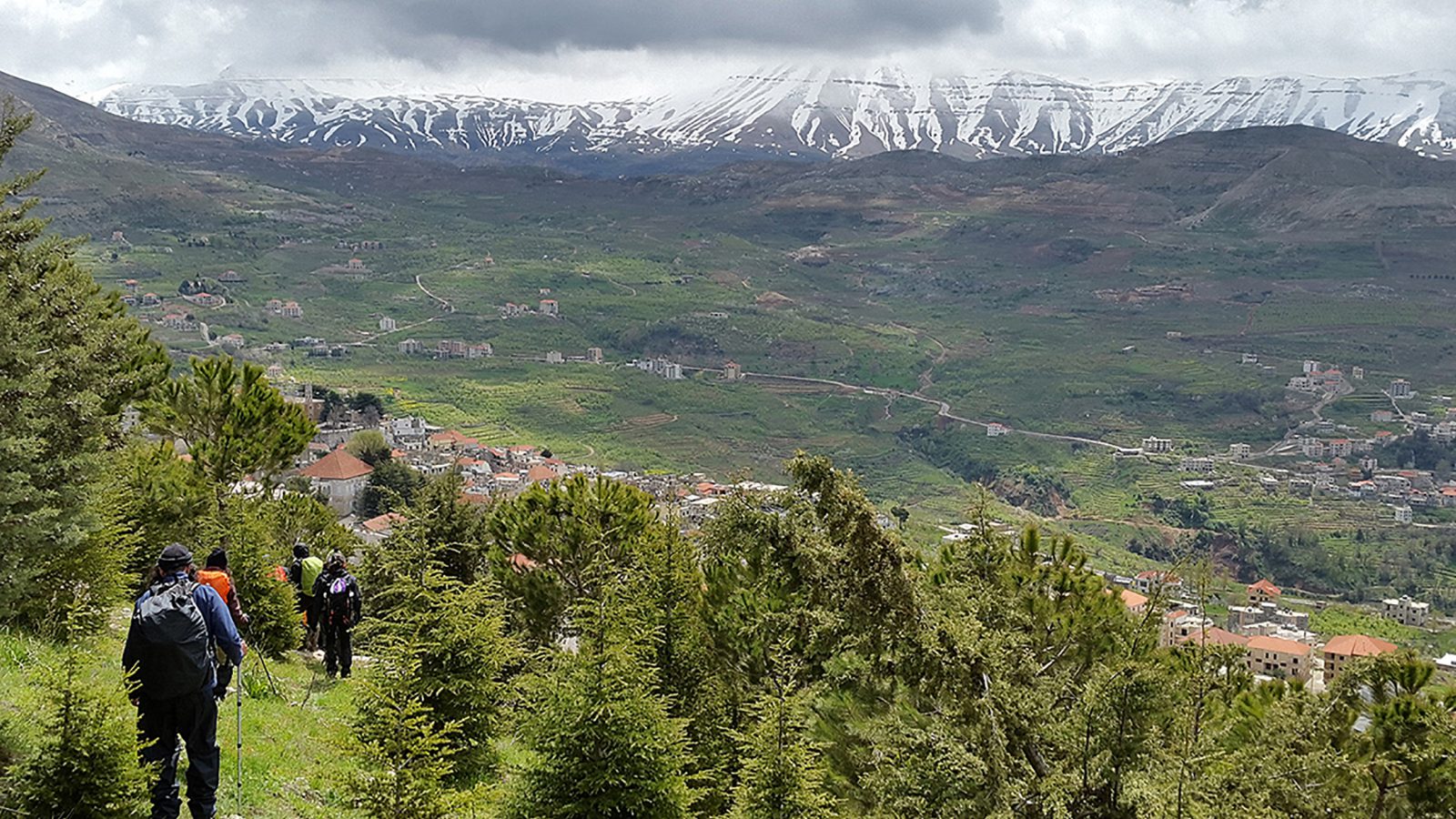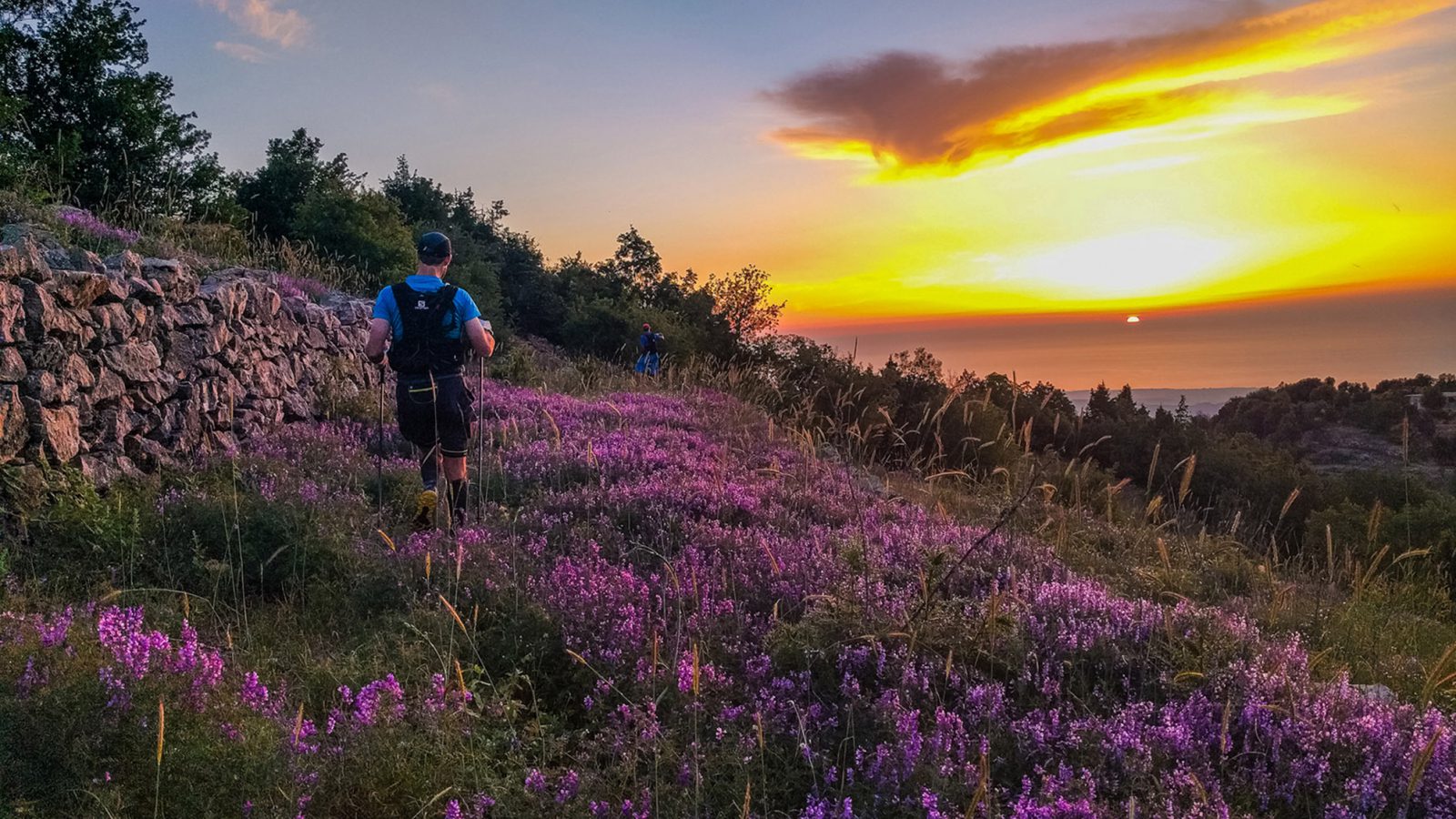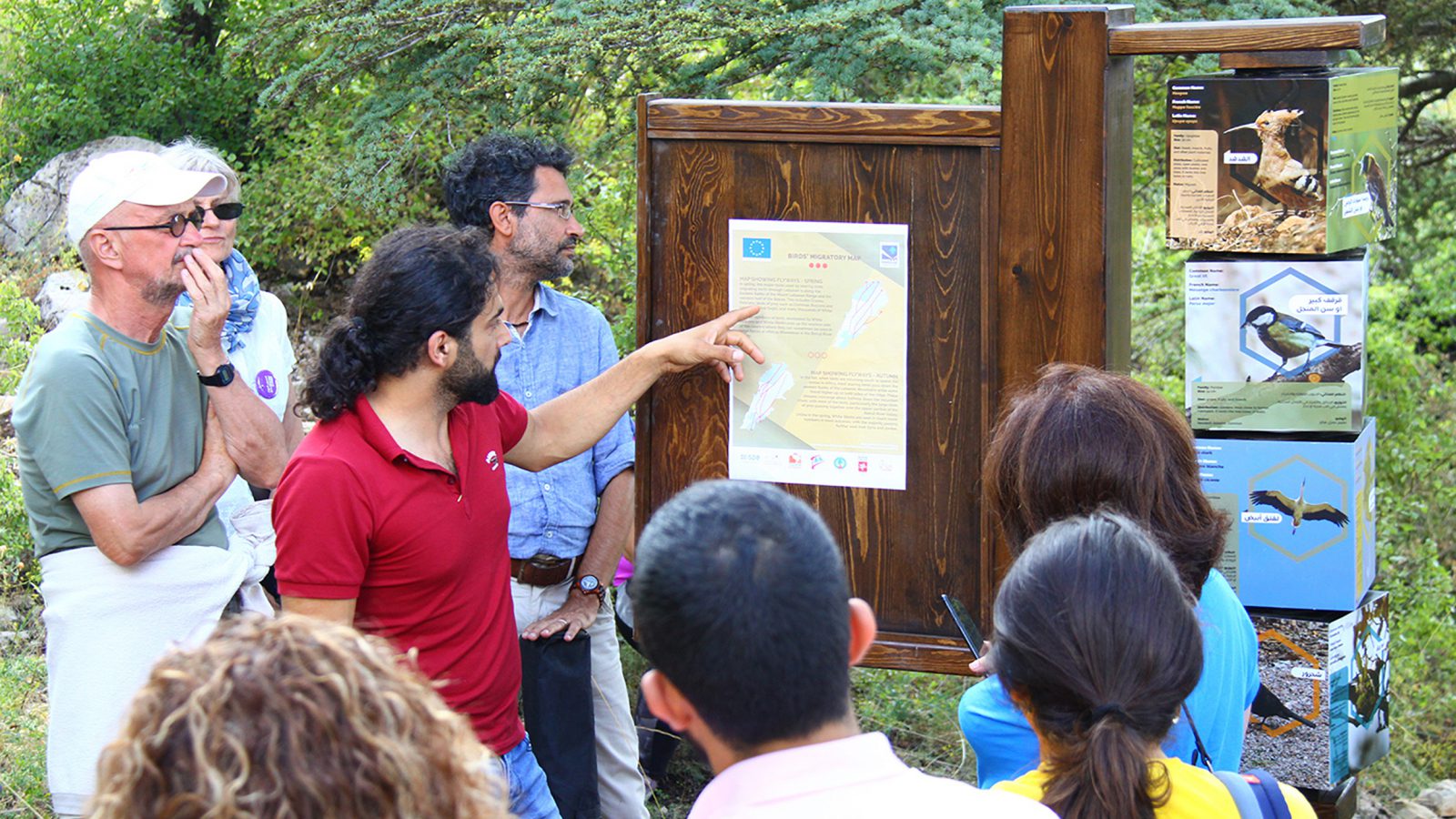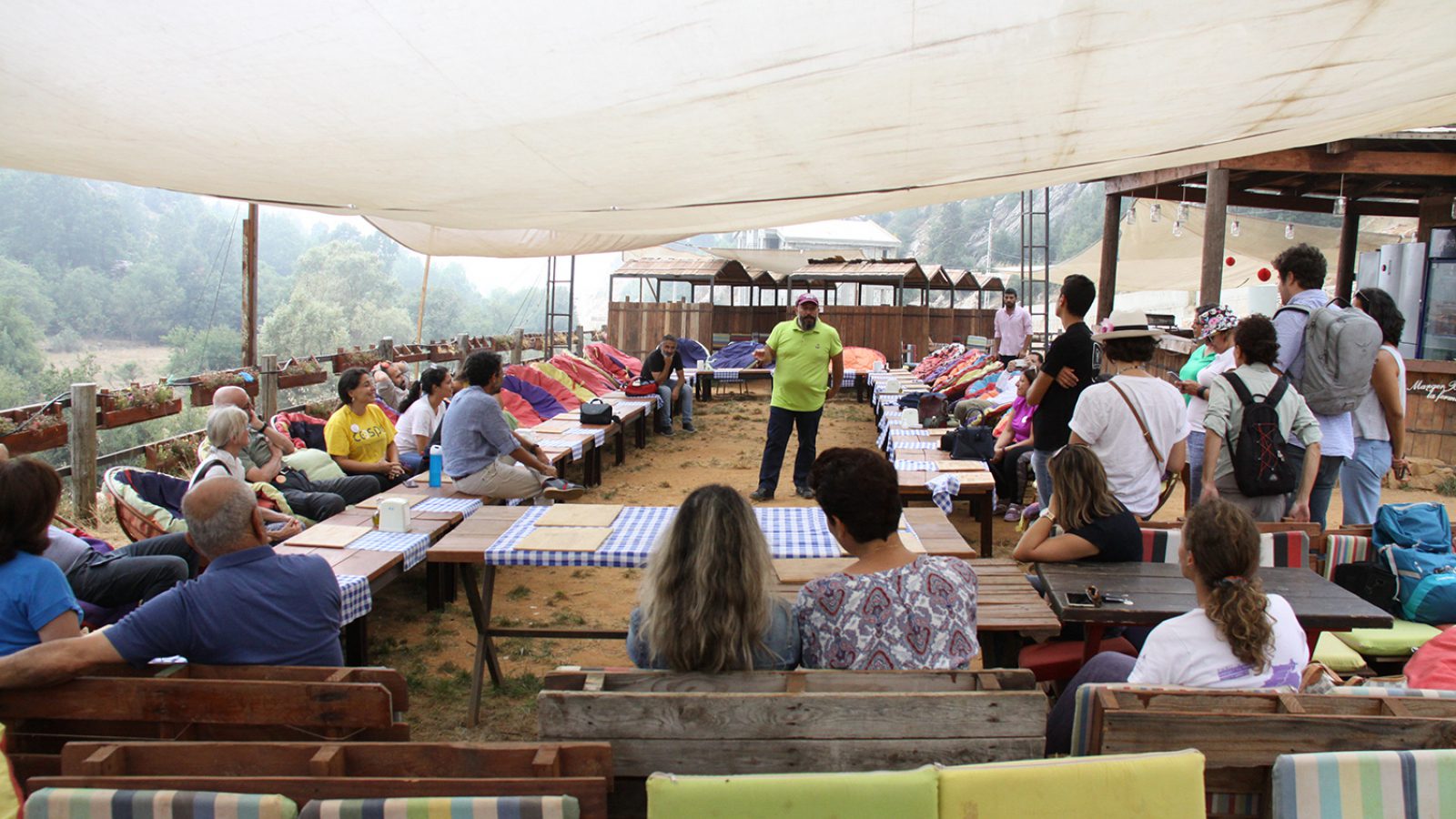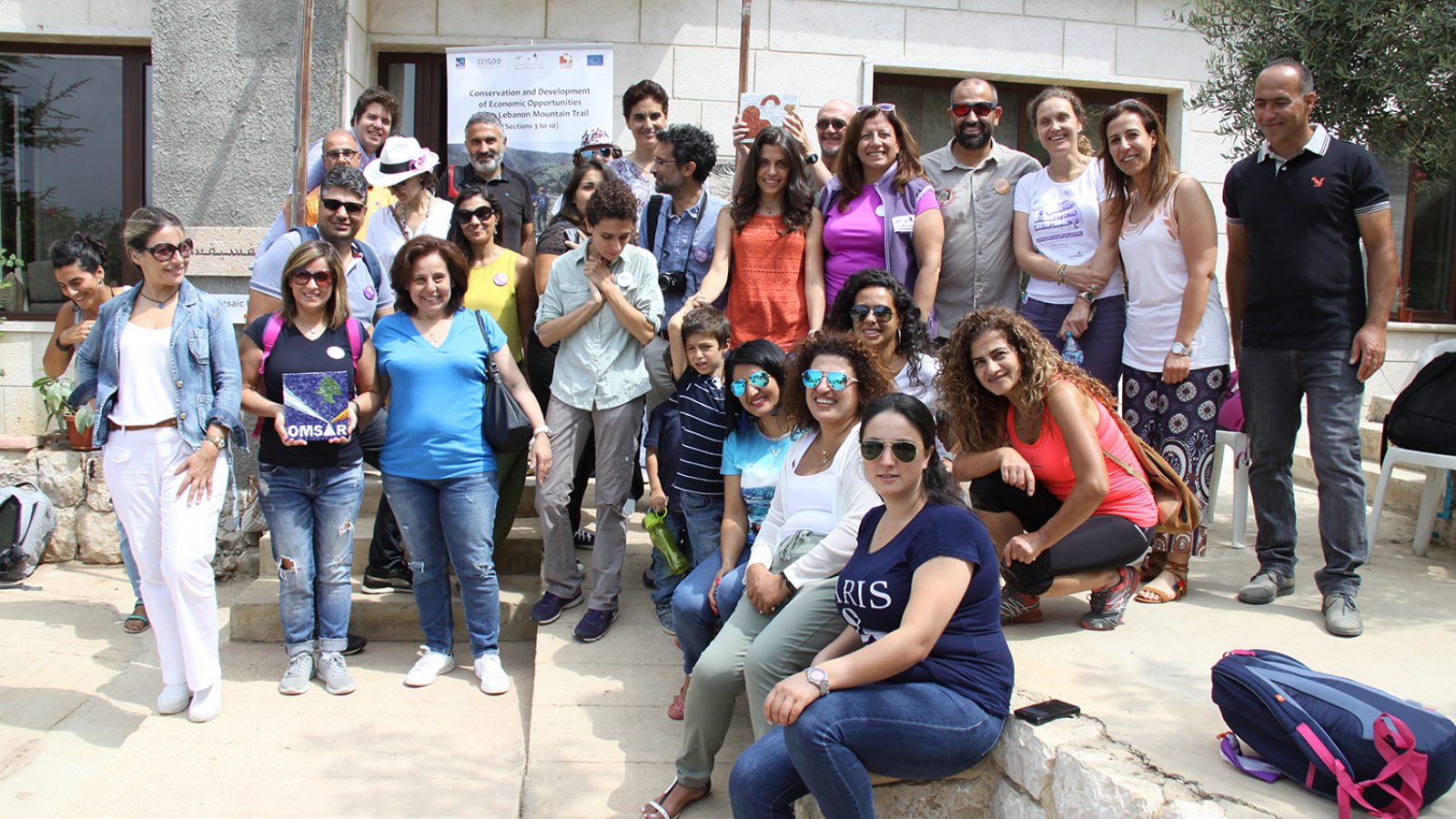“The Lebanon Mountain Trail: the track through the mountains of Lebanon that helped me find my way”
The life of Rita Becassini, aged 33, was transformed when she was asked to organise a day’s hiking in her home village of Tannourine, as part of the Lebanese Mountain Trail (LMT), the country’s greatest hiking route. This trail runs from the North to the South of Lebanon, passing through 76 villages. The project was funded and supported in part by the European union (EU).
Discover how the LMT changed Rita’s life:
“In 2014, I was going through quite a dark period of my life. At the time, nothing made me happy anymore. I was overwhelmed by work and studies, and my uncle, who was my hero, was seriously ill. So I asked work for a month’s leave, but in the end I never returned. I tried hard to finish my diploma, but I couldn’t concentrate. All I used to do during that period was put my headphones on and walk, for six or seven hours a day, with no real purpose. In May 2015, I finally realised that I might have a problem. I told myself that maybe by returning to Tannourine, my hometown, where my parents live, I could find myself, understand what was going on, and perhaps start to feel better. I arrived at my family home with my possessions under my arm. They realised straight away that something was seriously wrong- it wasn’t at all like me.
One evening, my mother convinced me to go to an opera in Tannourine. She knew I loved opera and wanted to cheer me up. That evening, I bumped into a woman I get on really well with. We used to work together; we were the only two women at Tannourine town hall, a position that my father had encouraged me to take in 2010. He was very proud to see his daughter working for the council. At the opera, she asked me how I was doing and I replied honestly, saying I felt completely lost. The next day, she put me in contact with the new Mayor of Tannourine. He wanted to create an IT department and modernise the town hall. He asked me to lead the department. That’s how I started working for the council, on projects that had a direct impact on the life of my community, and I started to feel better: I felt as if I was getting a little closer to the real me and to what I needed.
The turning point came when I met the team from the Lebanon Mountain Trail Association, or LMTA. That was last summer, when the vice-president of the council put me in charge of implementing the action plan developed in coordination between the country-wide LMT association and Tannourine.
The Lebanon Mountain Trail is the longest hiking route in the country and runs from North to South, passing through 76 towns and villages. A part of the LMT was restored with the support of the European Union. Members of the association organise “Walk-Through” hikes twice a year, enabling walkers to discover a different side to the country, passing through rural regions.
During my various meetings with the team, I heard them speak so passionately that it awakened my curiosity. So when they invited me to join them on a hike last August I accepted, even though I wasn’t very sporty.
The plan was to walk to Akoura and Ehmej, 18 kilometres in 2 days. I was worried that I wasn’t physically strong enough, but I took up the challenge because I loved the LMT atmosphere and team. They were like a family to me: genuine, passionate people. They made me feel that this hiking trail was part of my own identity, that I could hear my ancestors as I hiked the route. So naturally, that was a great motivation!
I had a good time, but what really changed my life was being asked to organise the Tannourine leg of the hike last September.
I can’t describe the feeling that hit me when I saw the bus full of tourists arrive in my village. I was so moved. Words cannot even describe it.
I told myself that all of these people had come from Beirut, or even further, to discover my village, my home. That’s when I started to find answers to my questions, to understand what really matters to me.
Since I was little, my parents have always hold me: you must succeed, you are from Tannourine, lots of famous people come from Tannourine! So when I saw with my own eyes the impact on my community that I had helped bring about, thanks to the LMT, I finally felt that I had found my place- I felt useful.
I will always be incredibly grateful to the LMTA team, because by seeing their passion for introducing others to the diversity of Lebanon through hiking, I discovered my own. Today, my dream is to open my own business in Tannourine, something related to the LMT- perhaps a guest house or a farm and show people from all over the world the beauty of my village. I want to introduce them to the people of Tannourine. I want to do the impossible for my village. I want to prove to all of the visitors who come to Tannourine that we have so much in common, just like the LMTA team: we come from different regions of Lebanon and different backgrounds, but we all share values, authenticity, passion and a love of our country. The LMT has taught me to keep on walking my own path, against all odds. This has become a motto for every aspect of my life. Today, I still walk three times a week, and I don’t intend to stop”.
The longest hiking route in Lebanon runs from Aandqet in the North to Marjaayoun in the South, following a 470 km track that passes through over 76 villages, at an altitude of 570 to 2,073 metres above sea level. The trail is a legacy from our ancestors, built in the era before roads were constructed.
Members of the association are fighting to preserve this heritage, and to introduce visitors from all over Lebanon and the world to this route. Two cross-country events are organised throughout the country by the association each year (the Thru-Walk in April and the Fall Trek in October). The last of these saw more than 200 participants from all over the world visit Lebanon and help revitalise many marginalised regions.
Since the LMT association was founded in 2007, over 60 tourism businesses (hotels, restaurants, etc.) have benefitted, in particular through promotion, improved facilities and staff training, and hundreds of jobs have been created throughout the country.
More than just a hike, “the LMT celebrates Lebanon’s beauty and diversity”, says Martine Btaich, executive director of the LMTA. Some people believe that our differences make the country chaotic. We, however, believe that these differences are what make Lebanon so rich and beautiful. This trail unites the different communities. It tells the story of our country, with its wealth of biodiversity, mountains, traditional cuisine and culture. It is a call for the protection of this shared heritage and of our mountains”.
As part of the European Union funded OMSAR programme, AFKAR III, sections 3 to 10 of the trail were restored between 2016 and 2018, almost 70 km in the region between El Qemmamine and Aaquoura.
Notably, it has installed 10 panels along the length of the trail, providing information on tourism facilities, culture and geology. It has worked with local stakeholders and councils to ensure the sustainability, maintenance and promotion of the trail as a tourism product for the towns and cities it passes through. “For the first time, we have been able to develop a method for working with locals,” explains Martine Btaich, “which we will manage to replicate on the rest of the trail. “ To this end, the association has been able to organise training sessions with tourism professionals to ensure that guest houses provide a quality welcome. It has also trained local guides to develop their communication skills and increase their knowledge of geology, fauna, flora and meteorology.
In addition, it has developed the “Trail to Every Classroom” environmental education programme in 9 schools, located along sections 3 to 10 of the LMT. 17 teachers and over 350 students have benefited from this training. The idea is to encourage young people to walk the trail and discover the mountains of Lebanon. Through fun activities, the students have learnt about lifecycles, visible and invisible water pollution, responsible and irresponsible hunting techniques, recycling, composting, reforestation, etc. It should be noted that this programme has also been developed in other sections of the LMT, excluding EU funding.
“The LMT has given me hope that our country still has great things to offer, continues the executive director of the association, something worth fighting for. It has helped me, and many other members of the association, to reconcile with this special country that we call our own”.
EU Neighbours Links
Published in Local Media
EU Delegation
Videos about projects funded by the OMSAR/ EU
Trail Development https://www.youtube.com/watch?v=WCCFDXYyRoI
Community Development https://www.youtube.com/watch?v=datW6wK1Ai8&t=70s
Education https://www.youtube.com/watch?v=eb-5qwHu88I
7 initiatives supported under the EU Project through small grants
1- Wadi el Zouhour https://www.youtube.com/watch?v=Hy6-9bh9faE
2- Mrebbine https://www.youtube.com/watch?v=Ye4PR4hIO74
3- Discover the Forest https://www.youtube.com/watch?v=99DiY4tK7To
4- The Farmhouse https://www.youtube.com/watch?v=YL-Km7L6iU0
5- Chillyard in Behwaita https://www.youtube.com/watch?v=xIrxIrP-n0k
6- El Jebbeh Harvest https://www.youtube.com/watch?v=cvqLbZewk5o
7- The Mosaic House https://www.youtube.com/watch?v=oCK-0yGo828
